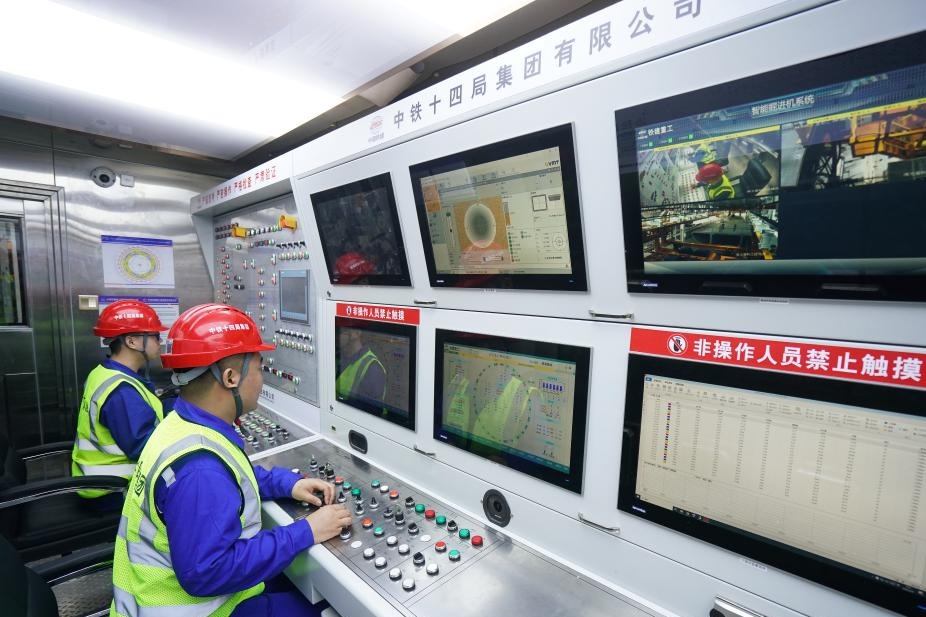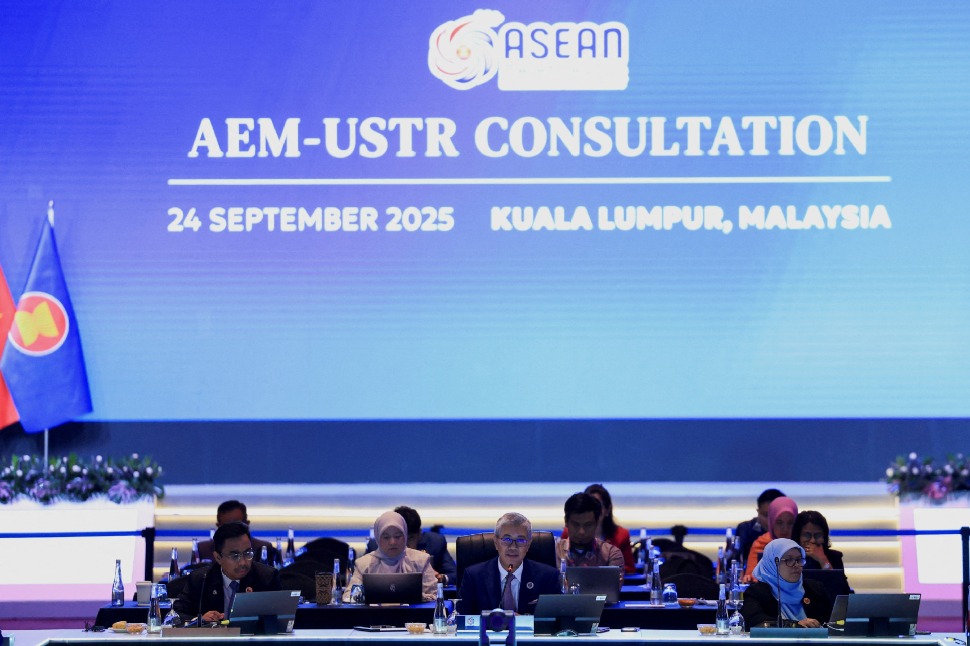Chinese investment in Brazil doubled in 2024
Brazilian government and investors celebrate surge and anticipate new areas of growth

A Brazilian official welcomed the latest data published this month by the Brazil-China Business Council revealing that Chinese investment in Brazil doubled to $4.8 billion in 2024 over 2023.
Uallace Moreira, secretary of industrial development at the Ministry of Development, Industry and Foreign Trade, said Brazil aims to channel capital to make the country into a producer of technology and an investor in partner economies.
"We see this growth as very positive, in a partnership that has been expanding for more than a decade," Moreira told China Daily. "The sources of these investments are diversifying, and Brazil is now the fifth largest destination for foreign investment worldwide. This generates jobs and income."
Moreira said that Chinese investment throughout the Brazilian economy could spur gains in innovation and technology for local industry.
"Brazilian and Chinese companies should move into more branches of the production chain, and it is up to the government to identify strategic sectors and create conditions for autonomous private-sector growth," he said. "App development, finance, green technology, power generation and transmission — all these can impact related industries."
The secretary added that Brazil intends to expand its outbound investment.
"Several sectors are present in China already. Coffee, proteins and food, cellulose, and companies like WEG in electrical equipment. With these two tracks, receiving and making investments, Brazil is building synergy for an innovative ecosystem, creating research centers, sending Brazilians to China, expanding their learning curve and adding value to the country's production chain."
Private investors also celebrated the growth of Chinese investment. Benefiting from infrastructure improvements across regions, investors noted the impact on creating a safe and diverse investment ecosystem in Brazil.
Ricardo Martins, chief economist at Planner Investimentos, a brokerage at the Sao Paulo Stock Exchange, told China Daily that the two-way jumps were strategically significant.
"China, as Brazil's main trading partner in recent years, has been opening doors for greater trade flows, especially with opportunities after US tariffs," Martins said. "This allows diversification of markets. Opportunities in agriculture, especially meat. Also, renewable energy, infrastructure and aerospace projects are coming from this increasingly close relationship."
Martins detailed the areas that benefited from China connections.
"From soy, iron ore, meat to cars, doors have been opened for 183 Brazilian companies exporting to China. We can also add coffee, now penalized by a 50 percent US tariff, and looking for expansion in new markets," said Martin. "This is an integration of interests aligned with each country's strengths."
Martin said a large amount of investment went into the energy sector. The State Grid alone has invested about $5 billion since entering Brazil.
Ramon Haddad, vice-president of State Grid Brazil Holding, told China Daily that the country is part of the company's long-term strategy.
"State Grid Brazil Holding has a long-term investment strategy in Brazil's electricity sector. As we mark 15 years in Brazil, our strategy is reinforced through new projects," Haddad said.
State Grid operates in 14 of Brazil's 27 states plus the Federal District. Its infrastructure supplies about 10 percent of Brazil's electricity.
Haddad said more projects — mostly for ultra-high voltage transmission systems — are coming with estimated total investment of $3.5 billion planned for the next four years.

































